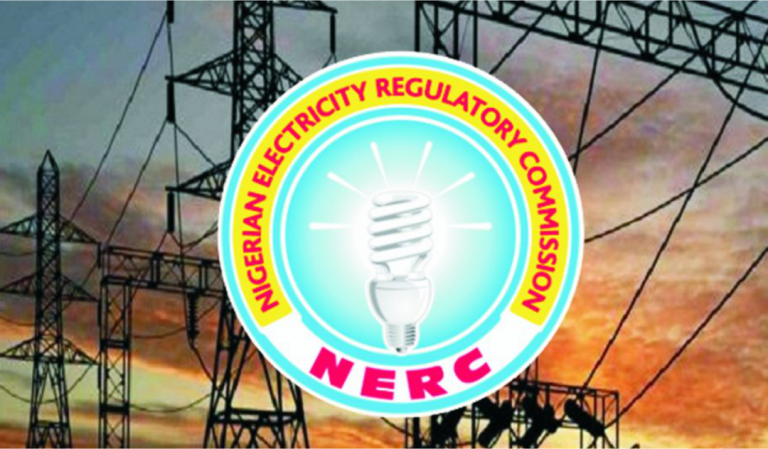
The Federal Ministry of Power is proposing to allocate N8 billion in 2025 for a nationwide advocacy campaign aimed at educating Nigerians about the importance of prompt payment of electricity bills.
This proposal was unveiled by the Minister of Power, Adebayo Adelabu, on Monday while defending the ministry’s budget before the National Assembly’s joint committee on power.
Adelabu explained that the advocacy initiative would utilize various communication channels, including social media, digital platforms, and traditional print media, to reach Nigeria’s diverse population of over 200 million people.
Register for Tekedia Mini-MBA edition 19 (Feb 9 – May 2, 2026): big discounts for early bird.
Tekedia AI in Business Masterclass opens registrations.
Join Tekedia Capital Syndicate and co-invest in great global startups.
Register for Tekedia AI Lab: From Technical Design to Deployment (next edition begins Jan 24 2026).
The Minister emphasized that the advocacy campaign is critical to fostering a sense of responsibility among Nigerians toward the power sector, which he described as a shared national asset. He highlighted the pressing need to address challenges such as electricity theft, poor billing culture, and the protection of power infrastructure.
“In terms of advocacy, we believe that our people need to be re-educated. They need to be re-orientated to know that the power assets are national assets, and we should all jointly own it,” Adelabu said.
He further noted the need for behavioral change among Nigerians, emphasizing the importance of timely bill payments and vigilance against power theft.
“Our people need to know that they should avoid power theft. When they see something, they must say something. They must also pay their bills regularly. All these need to be passed across,” the Minister stated.
To achieve its goals, the Ministry plans to leverage a multi-pronged approach using social, digital, and print media to disseminate its message across urban and rural areas. Adelabu highlighted the need for a comprehensive communication strategy to ensure the campaign reaches every segment of society.
“We are a people of over 200 million strength. So we need to go through all the loopholes, through social media, through digital media, through the print media, to actually orientate and do this advocacy. So we have ?8 billion,” he noted.
However, the proposal has been met with backlash, particularly in light of the N1.3 trillion debt owed by Nigeria to power generation companies (GenCos), a situation that has significantly impacted electricity supply across the country.
Many believe that allocating such a substantial amount to advocacy in a sector riddled with critical infrastructure deficits and systemic inefficiencies highlights misplaced priorities. The dire financial situation of GenCos has led to a reduction in electricity generation capacity, as they struggle to maintain operations due to unpaid invoices for power supplied to the national grid.
This financial strain has ripple effects, contributing to the frequent collapse of the national grid, which the Minister himself has admitted is caused by the country’s dilapidated power infrastructure. Despite this, no significant portion of the Ministry’s budget has been earmarked for immediate infrastructure rehabilitation.
Against this backdrop, energy experts have called on the Federal Government to reconsider its spending priorities and redirect the proposed N8 billion toward more pressing needs in the power sector.
One recommendation is to allocate the funds to rehabilitate Nigeria’s power infrastructure, which is in dire need of investment. Frequent grid collapses have not only disrupted electricity supply but also inflicted significant economic losses on businesses and households. Fixing these structural issues, experts argue, would enhance electricity reliability and, in turn, encourage more Nigerians to pay their bills voluntarily.
Others suggest using the funds to settle part of the debt owed to GenCos, which could restore confidence in the sector and improve the liquidity needed for stable power generation.
A Reflection of Nigeria’s Broader Fiscal Challenges
This development adds weight to the growing belief that Nigeria suffers from a spending problem characterized by poor fiscal discipline and misplaced priorities. Analysts have pointed to the stark contrast between the proposed advocacy budget and the country’s dire economic realities, including massive public debt, inflation, and dwindling resources for critical sectors like health, education, and infrastructure.
Many Nigerians view the N8 billion advocacy plan as emblematic of a government more focused on surface-level interventions than addressing the root causes of the country’s problems. Public opinion polls and social media commentary have highlighted widespread frustration over the perceived lack of accountability and strategic planning in government spending.



